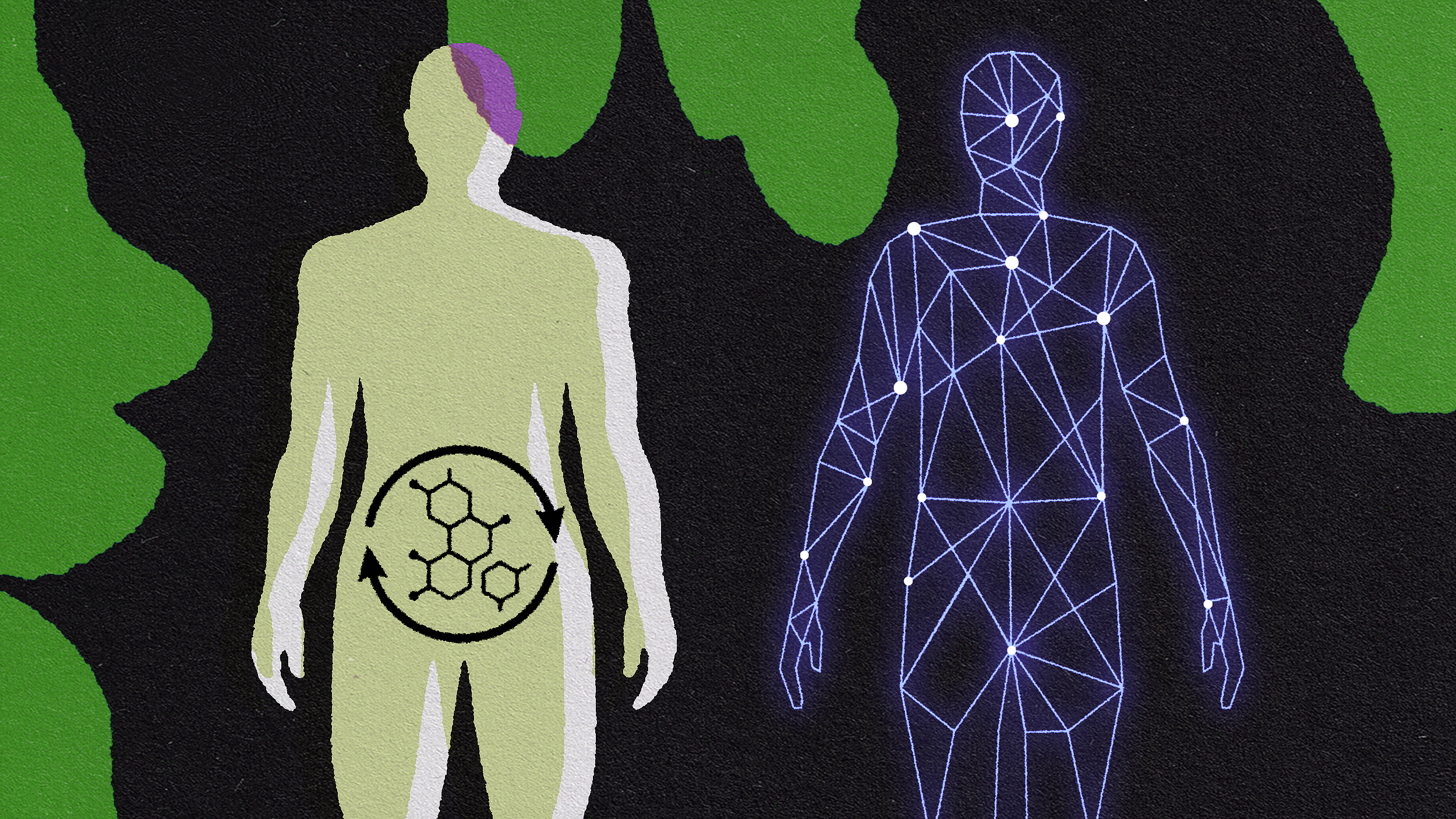Here’s how long-distance runners are different from the rest of us

Gallo Images/Getty Images
For many, running a marathon is seen as the ultimate amateur athletic achievement; for others, it’s just the start. Ultramarathon runners often take on courses of incredibly impressive length, running 50 or 100 kilometres at one time or over several days.
Clearly this is physically demanding, and only those in seriously good shape will be able to take on such challenges — ultramarathon running involves stress on muscles and bones, blisters, dehydration, sleep deprivation and mental and physical fatigue, so it’s really not for the faint of heart.
But what about the psychological traits that make someone suitable for long-distance running? What kind of person can withstand this kind of physical stress, and how? A new study in the Australian Journal of Psychology takes a look.
Gregory Roebuck from Monash University and colleagues recruited 20 ultrarunners and 20 control participants aged between 18 and 70; runners were matched with non-runners by gender and age. Participants were asked about their exercise behaviours and running experiences before completing a number of questionnaires. These included a 25-item scale designed to measure resilience (with participants rating how much they agreed with statements such as “I am able to adapt when changes occur”), and two questionnaires that looked at emotion regulation — the ways a person moderates or expresses their emotion. Finally, a 155-item questionnaire looked at a range of personality traits across domains like well-being, achievement, stress reaction, and, aggression.
Next, participants took part in an emotion regulation task, viewing 36 neutral images (e.g. a sofa or chair) and 36 negative images (e.g. a bloody medical scene). Before viewing each image, participants were asked to either respond naturally to it (a “look” trial) or attempt to not have a negative reaction to it (a “decrease” trial), before rating the strength of their emotional response. Heart rate and skin conductance were measured during this section of the experiment.
Ultrarunners scored significantly higher on the resilience questionnaire than non-runners, and were more likely to indicate they used positive reappraisal when regulating their emotions — in other words, they were better able to reframe a situation with a positive angle. This may be down to the need to maintain high levels of motivation during races, attaching positive meaning to negative events in order to keep running.
There was also a physiological difference between ultrarunners and non-runners in the emotion regulation task, with ultrarunners showing reduced skin conductance and heart rate even when viewing unpleasant images. However, they didn’t show any differences in their ability to decrease their response to negative images.
There was one measure on which ultrarunners scored lower, however — affiliative extraversion, which measures how socially warm people are, which the team puts down to the high levels of solitude involved in long-distance running. There was no significant difference in any of the other measures.
The results suggest that ultrarunners are pretty similar to the rest of us — with some important differences. While it’s clear that ultrarunners are indeed more resilient than non-runners, and use different emotion regulation strategies, the direction of those relationships is not yet clear. It could be that training for ultramarathons makes people more resilient, or, on the other hand, it could be that people with higher levels of resilience are more likely to be attracted to the pastime.
It would be interesting to further explore how ultrarunners motivate themselves through many hours of pain and effort. Because even though most of us will never run 100 kilometres in one go (and may have no desire to, either), understanding how to tolerate pain, and cope with physical and mental fatigue, is a lesson we all could benefit from.
Emily Reynolds is a staff writer at BPS Research Digest
Reprinted with permission of The British Psychological Society. Read the original article.





